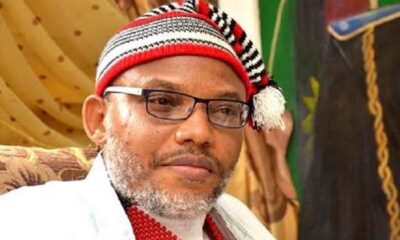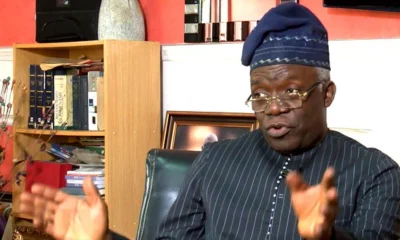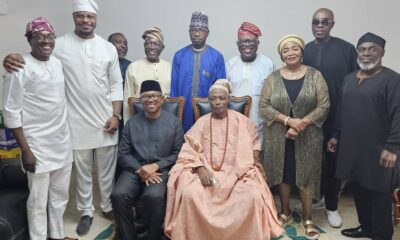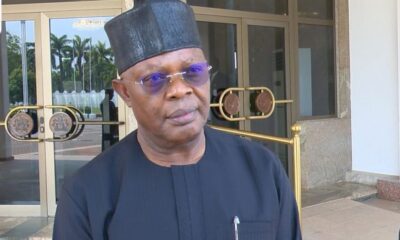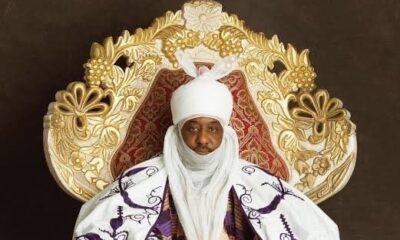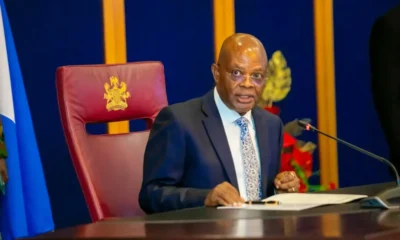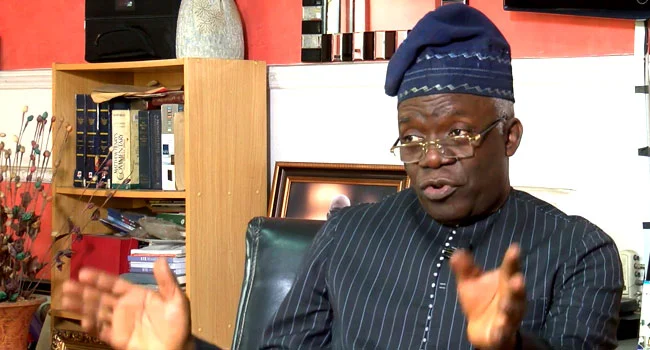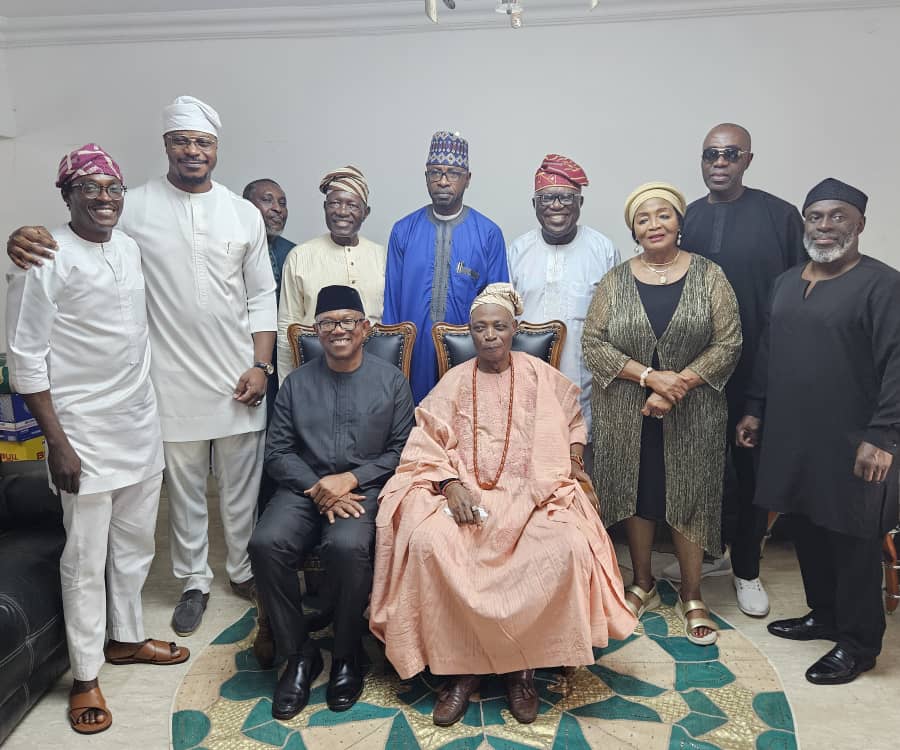Africa’s Global Bank, United Bank for Africa (UBA) Plc, has announced its audited results for the full year ended December 31, 2021, reporting impressive performance in key financial metrics.
The 2021 financial result filed by the bank at the Nigerian Stock Exchange (NSE) on March 4, 2022, showed that gross earnings rose significantly to N660.2 billion representing an increase of 7 percent compared to N616.8 billion recorded at the end of the 2020 financial year.
Total assets grew by 11 percent to an unprecedented N8.5 trillion in the year under review, up from N7.7 trillion in 2020, thus marking the first time the Bank’s assets will cross the N8 trillion mark.
Despite the huge challenging business and slow economic recovery in most of its countries of operations, UBA’s Profit Before Tax was impressive with a 20.3 percent growth to N153.1 billion, compared to N127.3 billion at the end of the 2020 financial year; while Profit After Tax rose grew by 8.7 percent to N118.7 billion in 2021, compared to N109.2 billion recorded the previous year.
Similarly, net loans grew by 7.7 percent growth to N2.8 trillion, whilst customer deposits rose by 12.2 percent to N6.4 trillion, compared to N5.7 trillion in the corresponding period of 2020, reflecting increased customer confidence, enhanced customer experience, successes from the ongoing business transformation program and the deepening of its retail banking franchise
In the year under consideration, the bank’s operating income rose by 10% to N443 billion compared to N403 billion in the prior year, whereas operating expenses closed the period at N279 billion.
In its usual tradition of rewarding shareholders, the Bank proposed a final dividend of 80 kobo for every ordinary share of 50 kobo for the financial year ended December 31, 2021. The final dividend which is subject to the affirmation of the shareholders at its Annual General Meeting will bring the total dividend for the year to N1 as the Bank had paid an interim dividend of 20kobo earlier in the year.
Commenting on the result, the Group Managing Director/CEO, Kennedy Uzoka, said that notwithstanding the tight and challenging operating environment, UBA continues to deliver significant performance,
He said, “The year 2021 can best be described as a year of global recovery; economies around the world began to witness early-stage recoveries, as supply chains recover from the devastating disruptions suffered in 2020.

Kennedy Uzoka, Group Managing Director/CEO, UBA
Consequently, UBA recorded remarkable 7% growth in top-line to N660 billion (USD1.56bn), and profit before tax (PBT) of N153.1 billion, up 20.3% from the prior year. Net Loans and advances grew by 7.7% to N2.8 trillion with exposure mostly to resilient economic sectors including oil & gas, agriculture, and manufacturing. Deposit from customers grew 12.2%, crossing the N6 trillion mark, to N6.4trillion.”
The GMD explained that the quality of UBA’s portfolio, as well as the strength of the bank’s credit risk management frameworks and policies, remain the bedrock of the positive results that the bank has been recording over the years, adding that the current performance highlights UBA’s relentless customer focus, and leverage on its key strategic levers – People, Process and Technology.
“Looking forward, I am particularly excited about our ongoing Enterprise Transformation Program which is designed to enhance the bank’s process agility, service delivery, and customer experience. We are also making sizeable investments in cutting-edge technology and cyber security, to keep our innovative digital banking offerings above the curve, as we tool and re-tool our human resources to compete and win in a rapidly changing and evolving landscape. This will ensure the bank continues to achieve respectable top and bottom-line growth through the medium to long term” the GMD stated.
UBA’s Group Chief Financial Official, Ugo Nwaghodoh, who corroborated the GMD’s comments, said, once again, the bank has shown resilience. It achieved sizeable growth and strengthened its balance sheet despite the slow pace of economic recovery that characterized the year 2021.
“Through active and diligent assets and liabilities management, the bank was able to protect its net interest margin and achieved a downward moderation of Cost of funds (CoF) by 70 basis points to 2.2% from 2.9% in the prior year.
According to him, the group’s capital adequacy ratio at 24.9% was well above the required regulatory minimum and reflects a strong capacity for business growth. “The Group’s non-performing loan ratio improved further to 3.6% from 4.7% at the end of 2020. This testifies to the quality of UBA’s loan portfolio even as the bank remains relentless in its resolve to drive down the Cost-to-Income ratio, which stood at 63.0% at the end of the year.”
Nwaghodoh added that the bank achieved further strides in growing its business and gaining market share across its pan-African operations, with the region accounting for 63.2% of the Group’s profitability, compared to 55.4% in 2020; Loans and advances as well as Deposit in the region were also up 14.5% and 27.3% respectively from a year earlier.
In his concluding remarks, the CFO stated “We recognize the changing competitive landscape and are proactively positioning to consistently deliver on our strategic objectives and commitment to shareholders.”
United Bank for Africa Plc is Africa’s global bank, offering banking services to more than twenty-five million customers, across over 1,000 business offices and customer touchpoints in 20 African countries. With a presence in the United States of America, the United Kingdom, and France and more recently the United Arab Emirates, UBA is connecting people and businesses across Africa through retail; commercial and corporate banking; innovative cross-border payments and remittances; trade finance, and ancillary banking services.
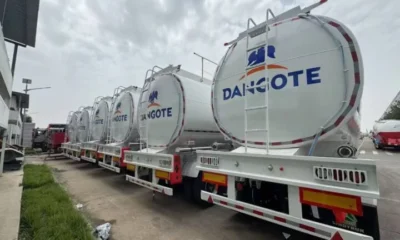
 BIG STORY3 days ago
BIG STORY3 days ago
 BIG STORY4 days ago
BIG STORY4 days ago
 BIG STORY3 days ago
BIG STORY3 days ago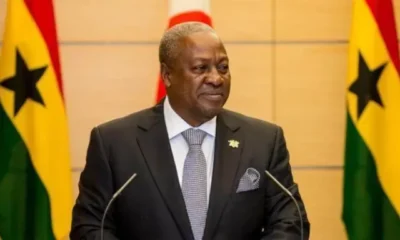
 BIG STORY4 days ago
BIG STORY4 days ago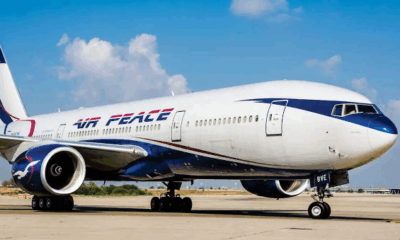
 BIG STORY3 days ago
BIG STORY3 days ago
 BIG STORY4 days ago
BIG STORY4 days ago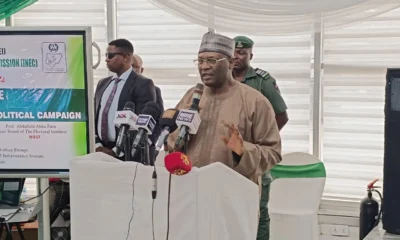
 BIG STORY5 days ago
BIG STORY5 days ago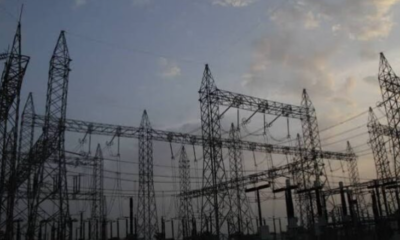
 BIG STORY5 days ago
BIG STORY5 days ago








